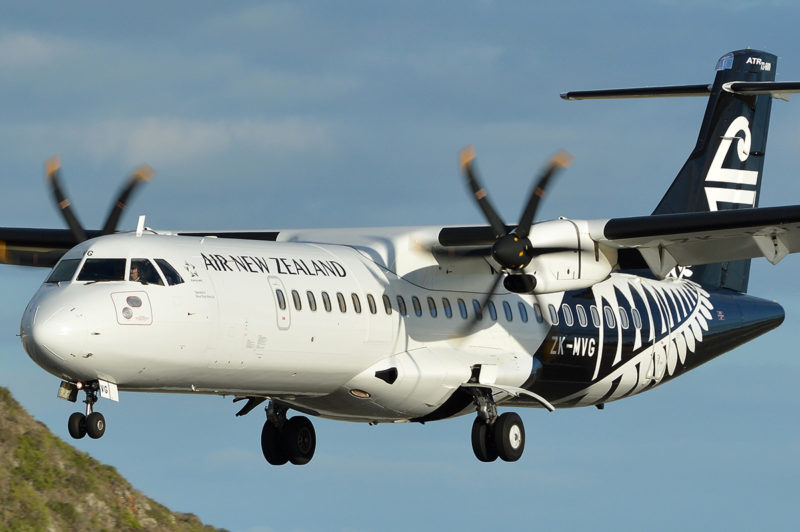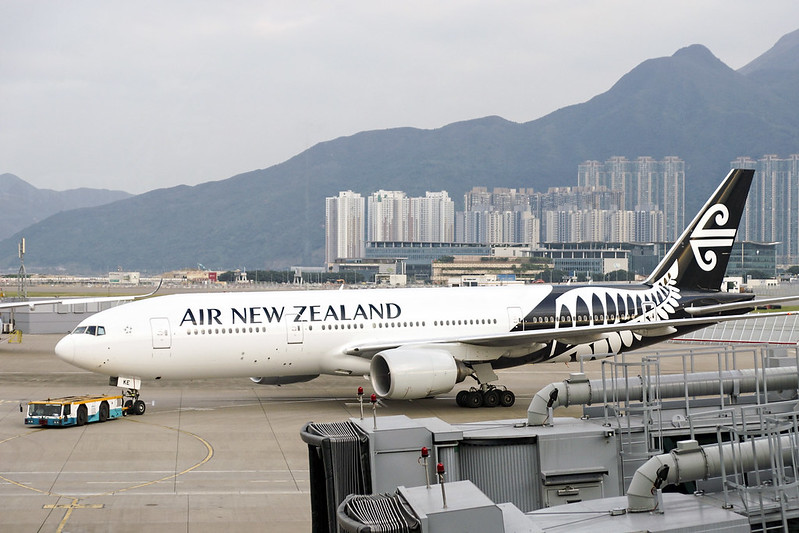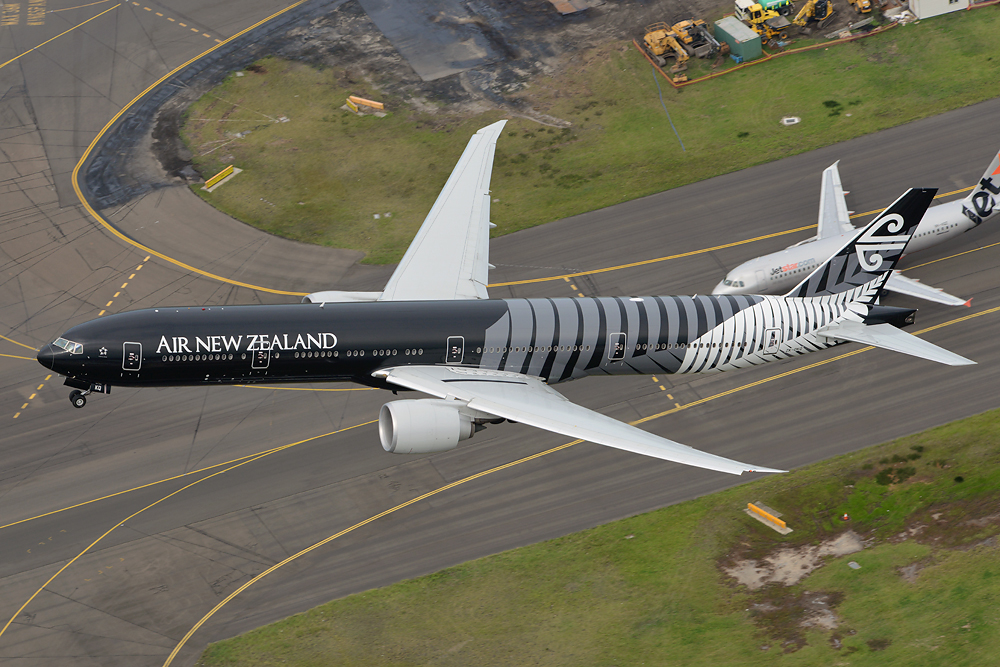Air New Zealand has said it will largely focus on being a domestic and Trans-Tasman airline, as COVID-19 continues to create major uncertainty of the airline.
In its FY2020 results, Air New Zealand recorded a massive NZ$87 million ($58 million) loss, not seen for 18 years.
2021 Outlook
Air New Zealand CEO, Greg Foran, has outlined his airline’s key priorities for 2021:
- Air New Zealand is currently expecting, in the short-term, to become a largely domestic airline with cargo and some flying to the Tasman and Pacific Islands
- Have the flexibility to scale operations up should conditions recover more quickly
- Continue to chase opportunities in the cargo space to keep New Zealand connected to the world
- Focus on driving domestic tourism and rebuilding the domestic corporate business
- Continue to refine their refreshed strategy, exploring some exciting prospects within loyalty, digital and sustainability
The airline is aiming to reduce cash burn by 50-60%, which will entail operating a domestic network at ~70% of pre-COVID levels (with no social distancing) as well as additional cargo flying.

Recovery Plan
Stage 1 (Short-Term)
- Maintain operational integrity and wellbeing of staff
- Maintain a strong connection with customers
- Overhaul cost base, reduce the pace of cash burn
- Encourage Kiwis to explore New Zealand, thus rebuilding the domestic engine
- Support recovery of the economy via cargo
Stage 2 (Medium-Term)
- Build back a network of profitable flying
- Preserve and protect competitive advantages
- Leverage strong domestic brand presence and customer loyalty to stimulate travel on Tasman and Pacific Island routes
Stage 3 (Long-Term)
- Return to a sustainable level of earnings through the cycle
- Be a smaller, more efficient, airline focusing on having an optimal network
- Right-sized cost base
- Expand and leverage the loyalty programme
- Ancillary revenue opportunities
Financial Results
Air New Zealand is reporting an overall loss before other significant items and taxation of $87 million ($58 million) for the 2020 financial year, compared to earnings of $387 million ($258 million) in the prior year.
In a presentation to investors, Air New Zealand said that, in structurally resetting their cost base, they have deferred delivery of 5 A321neo aircraft into the 2022 and 2023 financial period and 1 ATR72-600 into 2021.

A major component of Air New Zealand’s statutory losses was the NZ$338 million ($225 million) aircraft impairment charge, related to the grounding of the Boeing 777-200ER fleet for the foreseeable future.
Despite reporting a strong interim profit of NZ $198 million ($132 million) for the first six months of the financial year (July-December 2019) and seeing positive demand on North American and regional routes early in the second half; COVID-related travel restrictions resulted in a 74% fall in passenger revenue from April to June compared to the prior year, which drove the airline’s operating losses.
Overall cargo increased by 13% in 2020, due to more than 250 charters. Cargo flights also operated under the NZ Government’s International Airfreight Capacity scheme, in which more than 50 flights operated per week; largely to Asia, Australia and North America.
The record loss is, according to Chairman Therese Walsh, the first in 18 years. Prior to COVID-19 the airline was on track to launch the first ever non-stop link between New Zealand and New York, they had also announced several major upgrades to the customer experience.
“Now nearly six months following the declaration of a global pandemic, the $87 million loss we are reporting today, our first loss in 18 years, reflects the quick and severe impact Covid-19 has had on our business.”
Dame Therese Walsh, Chairman, Air New Zealand




